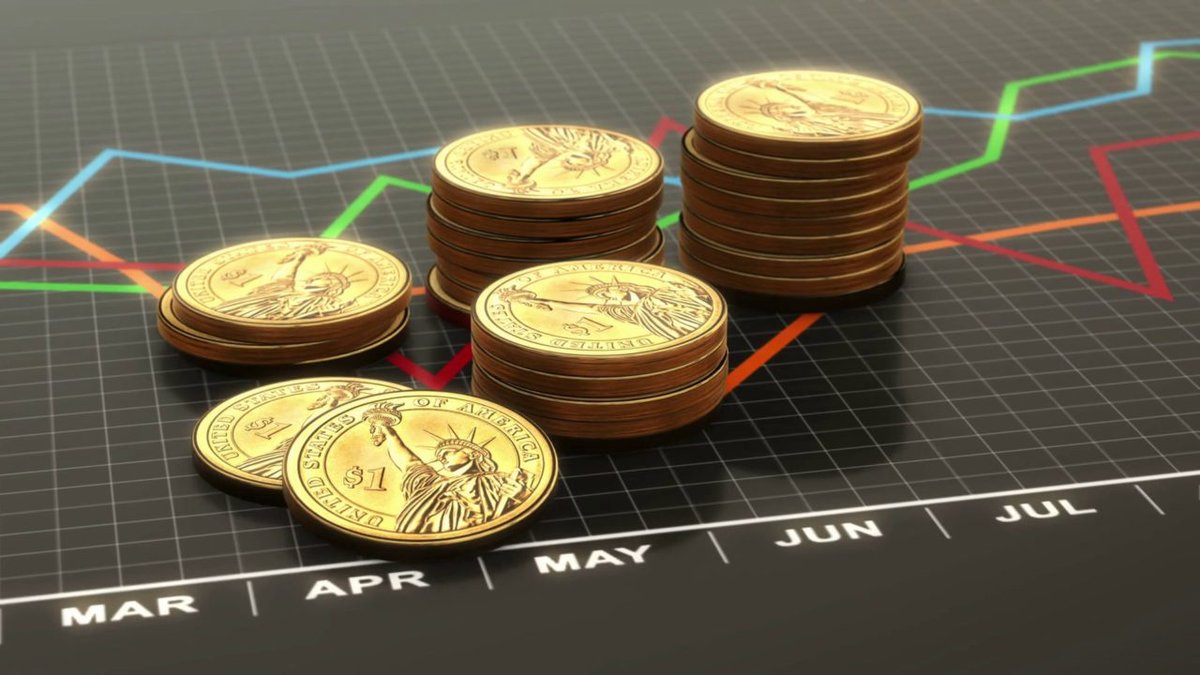Dividends are payments made by a company to its shareholders, typically as a way of distributing profits. When you own shares in a dividend-paying company, you become eligible to receive a portion of the company’s earnings. Here's how dividends work and how you can get them:
1. Types of Dividends
- Cash Dividends: The most common type, where shareholders receive cash payments.
- Stock Dividends: Instead of cash, shareholders receive additional shares.
- Special Dividends: One-time payments that companies may issue if they have excess profits.
- Dividend Reinvestment Plans (DRIPs): Some companies offer plans that automatically reinvest the dividend payments into more shares, often without fees.
2. Key Dates for Dividends
- Declaration Date: The company announces it will pay a dividend.
- Ex-Dividend Date: This is the cut-off date to be eligible for the upcoming dividend. If you purchase shares on or after this date, you won’t receive the dividend.
- Record Date: The date the company checks its records to determine which shareholders are eligible.
- Payment Date: The day the dividend is paid to shareholders.

3. How to Receive Dividends
To receive dividends, you need to:
- Invest in Dividend-Paying Stocks: Look for companies with a history of paying dividends. You can find these on stock exchanges or through research tools like financial websites.
- Hold the Stock Before the Ex-Dividend Date: Ensure you own the stock before the ex-dividend date to be eligible for the next payment.
- Choose How to Receive Dividends: You can receive dividends as cash in your brokerage account or participate in a DRIP to automatically buy more shares.
4. How Dividends Are Paid
Dividends are typically paid quarterly, but the frequency varies by company. Payments go directly to your brokerage account, where you can either withdraw the money or reinvest it.
5. Why Invest in Dividend Stocks?
- Regular Income: Dividends provide a steady source of income.
- Potential for Growth: Reinvested dividends can compound over time, increasing your investment's value.
- Stable Companies: Many dividend-paying companies are well-established and financially stable.
If you’re looking for dividends, consider companies with a solid track record of paying and increasing dividends over time, known as "dividend aristocrats." Additionally, dividend ETFs (Exchange-Traded Funds) are an easy way to get exposure to multiple dividend-paying stocks.
